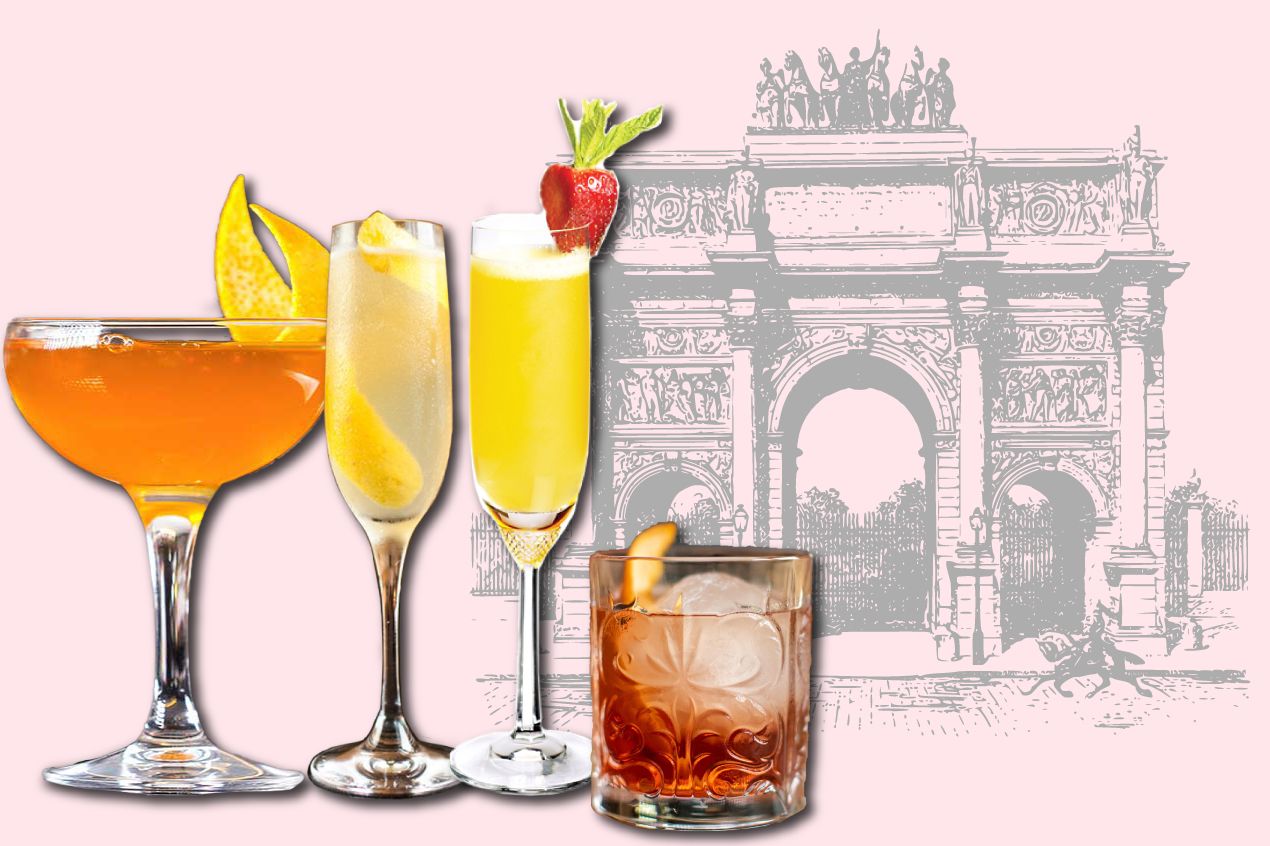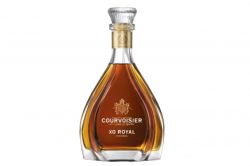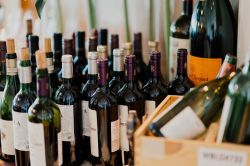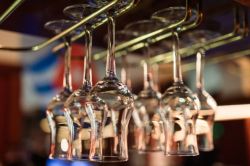What to Drink
Parisian Cocktail Legacy: Seven Drinks Invented in the City
France’s top attraction, its capital has played an integral part in bringing the world several tempting concoctions.
Paris has long been a culinary paradise. The know-how of the chefs and bartenders has made food and drinks a very big part of Parisian culture. While one would be excused to believe that Paris’ rise as a culinary destination has been a recent one, the city’s cocktail history is proof that Paris’ gourmet culture dates back to the early 1900s.
The French, more so, those residing in the capital know their way around a bar. The city has been at the center of multiple cocktail creations, with Harry’s New York Bar featuring heavily. From the days of yore, these are some amazing cocktails that were born in Paris.
The Sidecar
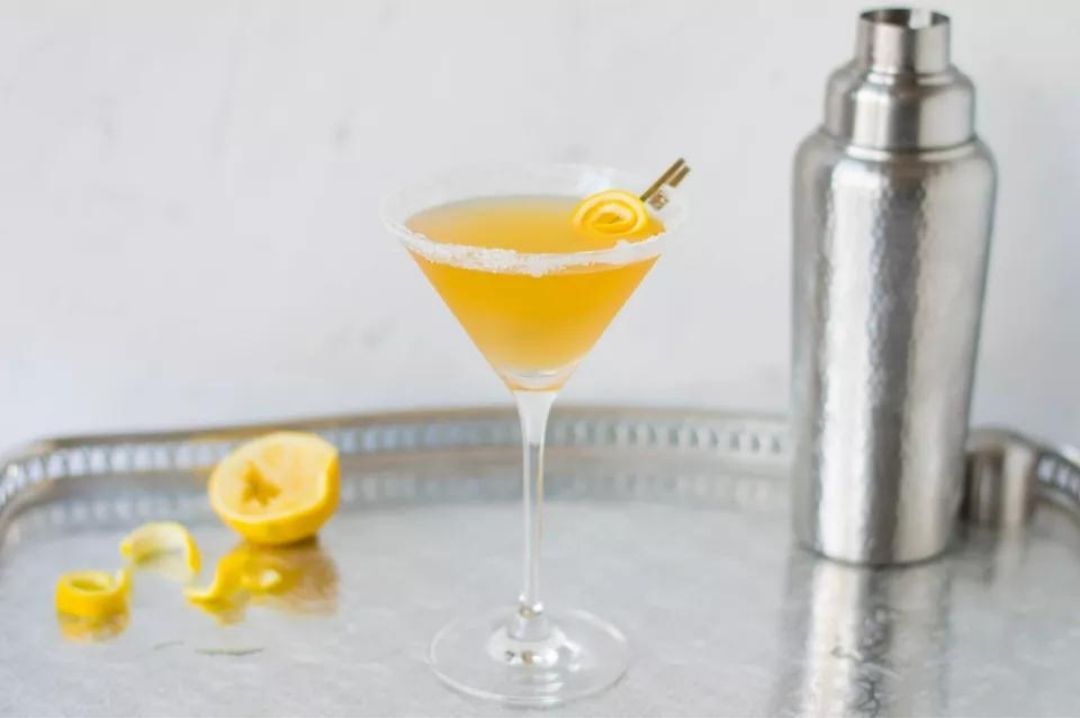
The Sidecar, source: Achim Schleuning, CC BY-SA 4.0
Legend has it, there was a guy who would arrive at either Harry’s New York Bar or The Ritz on a motorcycle with a sidecar and immediately call for a drink. Whichever tale you choose to believe (or not), no one can deny that the Sidecar cocktail hasn’t added a great dynamic to the world of cocktails. The drink sounds pretty simple to make. There’s a mix of brandy or cognac, orange liqueur, and lemon juice. Making it correctly makes all the difference. A gift to the cocktail world from the City of Love.
The Boulevardier
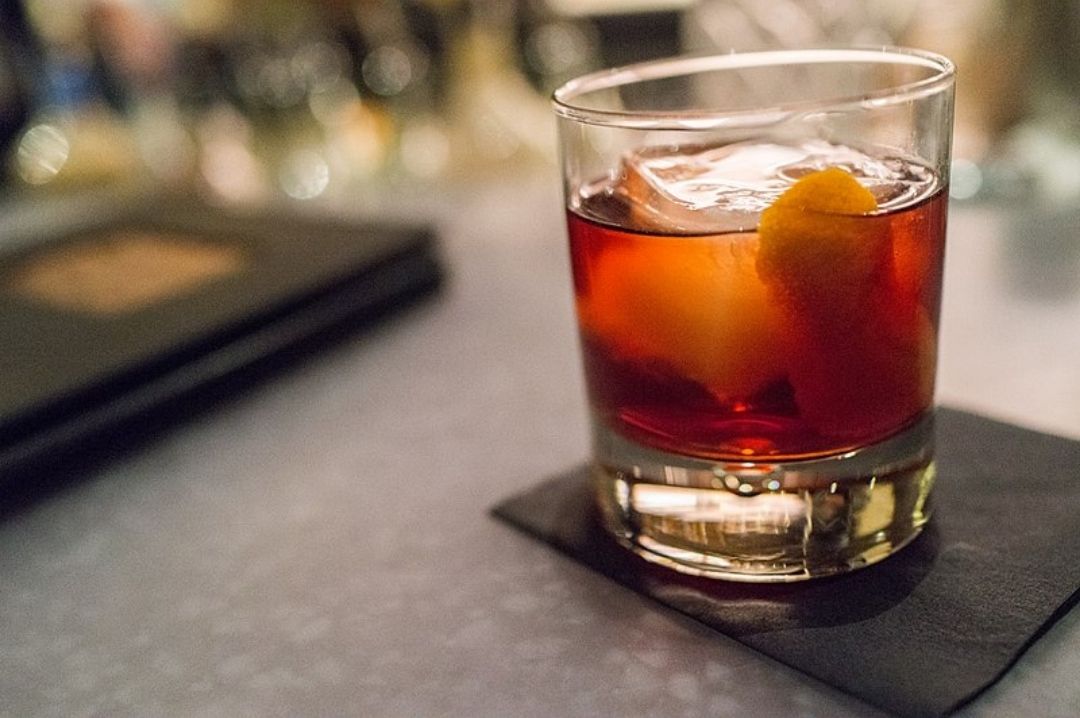
The Boulevardier cocktail, source: Edsel Little, CC BY-SA 2.0
There is a ton of following for the negroni, the boulevardier is a cool next-generation drink that deserves its share of attention too. The equal parts Italian drink also traces its origins back to Harry’s New York Bar where it got Americanized and Frenchified together in 1927. Harry MacElhone, the creator of the drink, brought in American whiskey in place of gin and named the drink after a publication called Boulevardier, owned by bar regular Erskine Gwynne. Apart from whiskey, a Boulevardier also consists of sweet vermouth and Campari.
The French 75
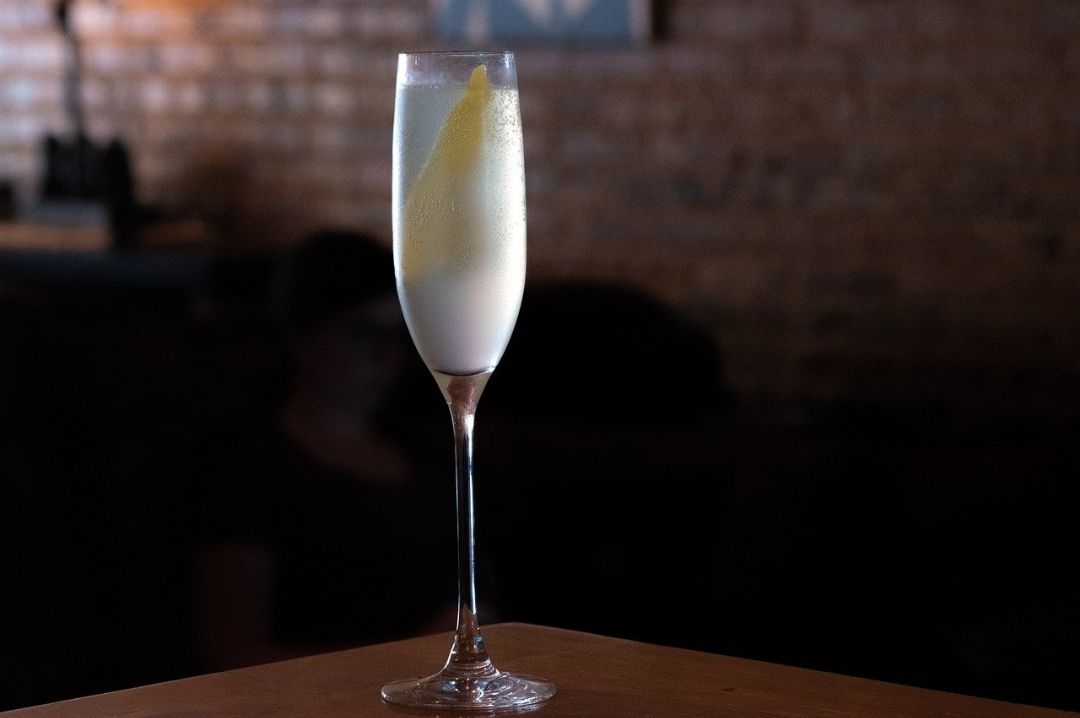
A Classic French 75, source: Ernest Roy
It seems Harry’s New York Bar was undergoing a cocktail revolution. Yet another cocktail devised at the bar was the French 75. The cocktail also goes by other names like the “75 Cocktail”, or simply “The 75” or Le Soixante-Quinze (the name you wanna use when in France). The cocktail was imagined during the first World War and was dubbed “The 75”. The name was given because of how strong the cocktail was, very similar to the strength of a French 75 mm gun. Mix a gin, champagne, lemon juice, and voilà, The French 75 is ready to sip.
The Mimosa
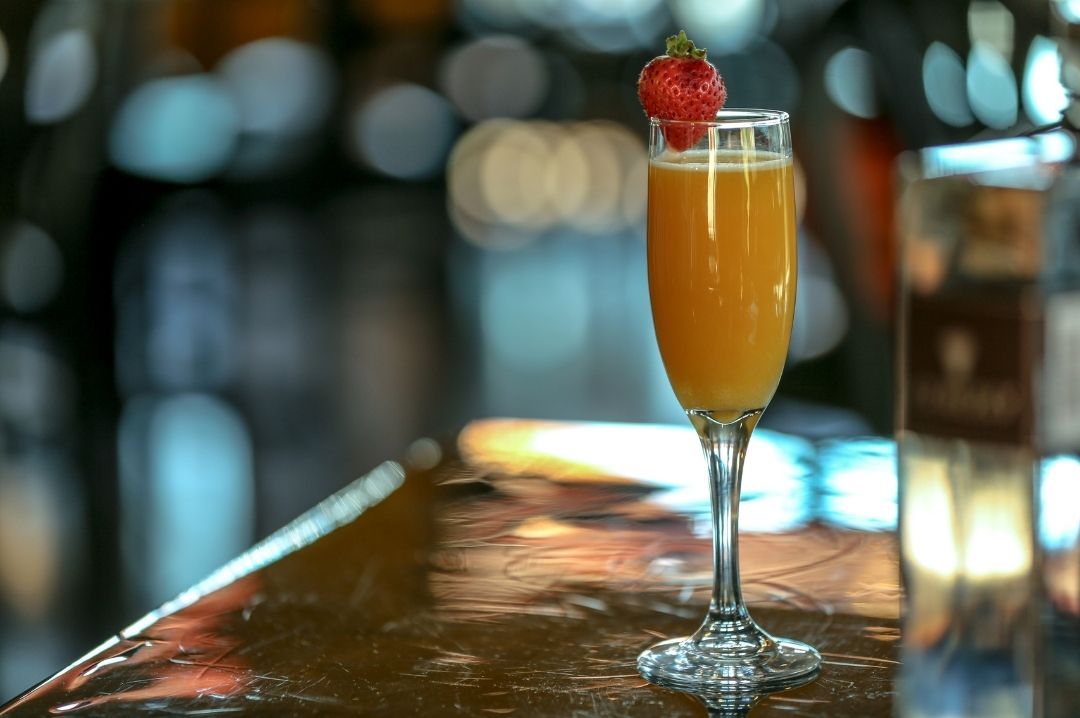
Mimosa, source: Photo by Sabel Blanco
From Harry’s New York Bar we turn to the Ritz, allegedly the creative house of the Mimosa. It is said that Frank Meier was the brains behind the invention. The yellow-colored drink has become a popular brunch option and one that people turn to on bright, summer days spent with friends and close aides. Served in a champagne flute, the Mimosa has two ingredients, champagne, and orange juice. Who wouldn’t mind champagne for breakfast?
Between the Sheets
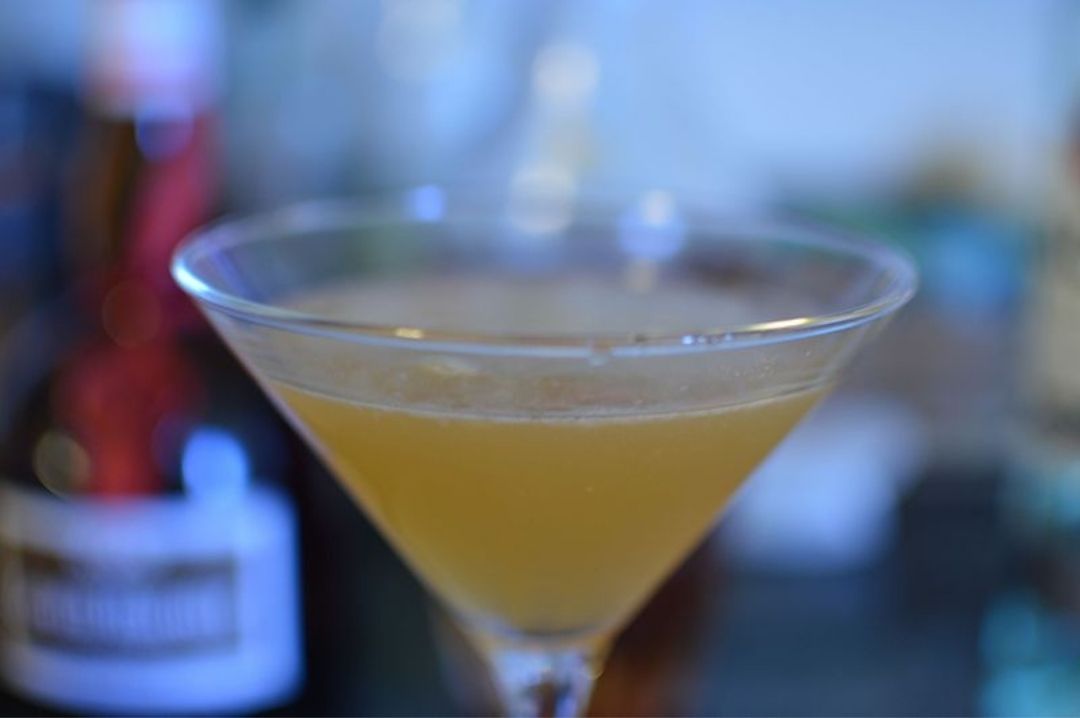
Between the Sheets, source: Zach, CC BY-SA 4.0
The origin of this cocktail is shrouded in mystery. Some say it originated at Harry’s (makes a good case with all that’s aforementioned), some claim it was created at The Berkeley in 1921, and there are stories of it being served in French brothels as an aperitif. Between the Sheets is made with equal parts cognac, rum, Cointreau, and lemon juice. The gin version of Between the Sheets is known as Maiden’s Prayer. The recipe has changed through the years and is a good French cocktail to turn to if you wish to try something new.
Death in the Afternoon
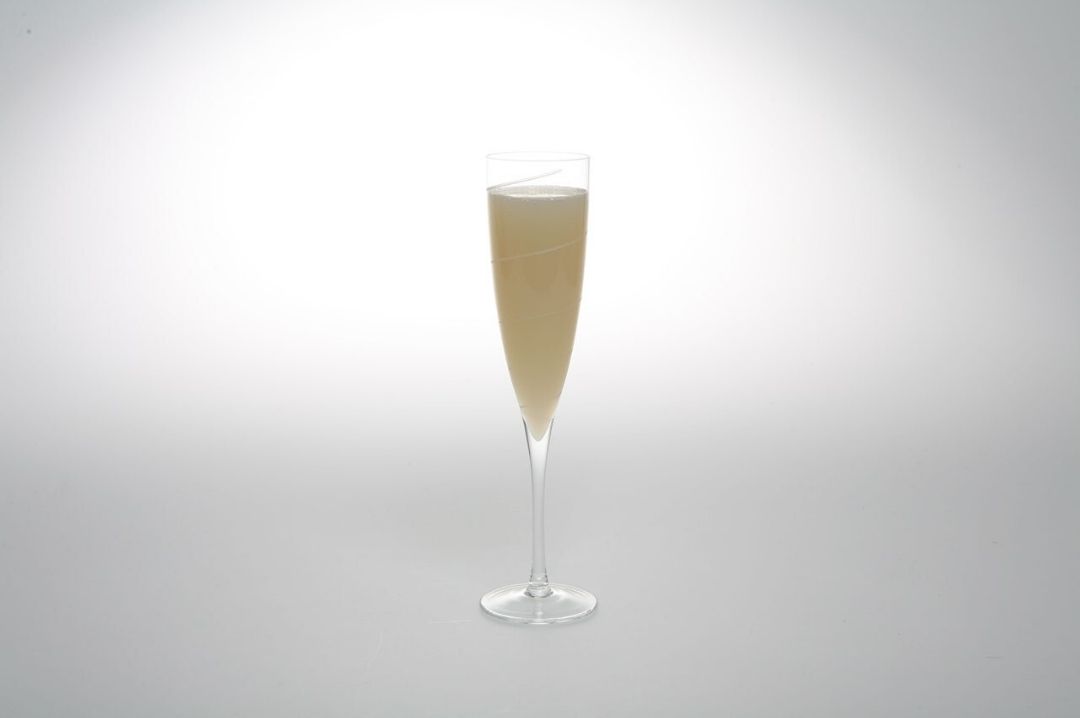
Death in the Afternoon by Camper English, source: Epicurious
Ernest Hemingway’s love for Paris is well documented. He was such a regular at Bar Hemingway that they named the bar after him. It seems that the writer was quite the mixologist too when he was in the French capital. Originating in the 1930s, Death in the Afternoon is a decadent cocktail made with absinthe and champagne. Milky in appearance with a bubbly structure, Death in the Afternoon’s recipe was published in a 1935 cocktail book So Red the Nose, or Breathe in the Afternoon, which had contributions from famous authors.
The 1789
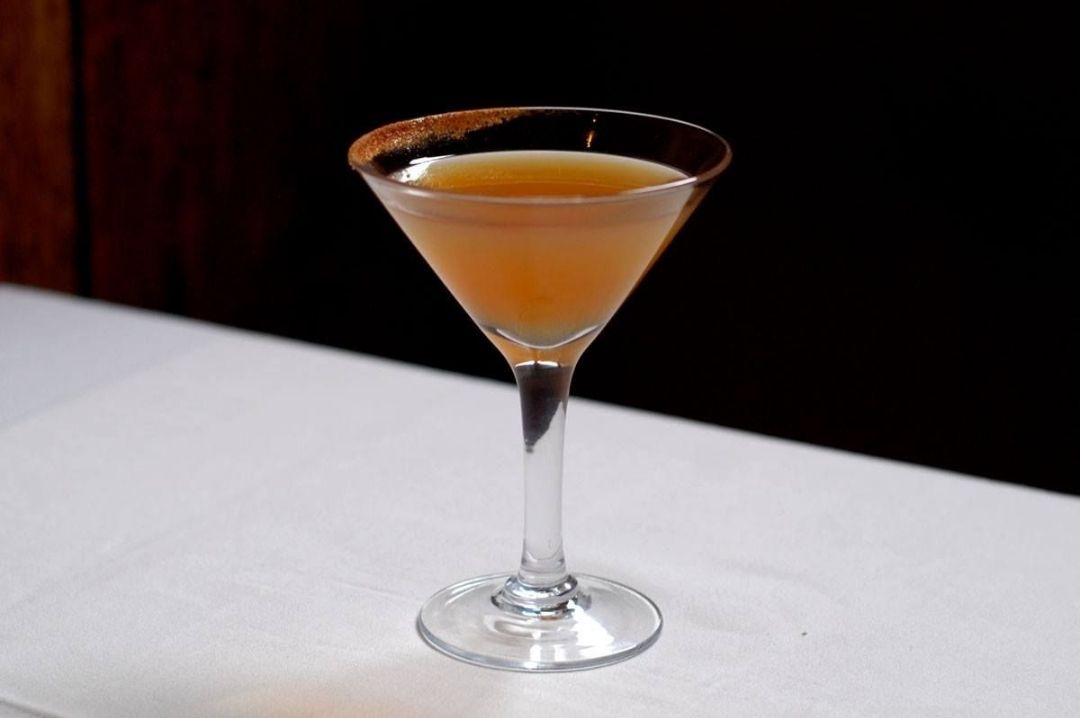
The 1789, source: Pinterest
There’s already such vivid Parisian history throughout this article that 1789 felt the right place to end. It was the year the French Revolution commenced with the storming of the Bastille. The cocktail was invented in the capital as a nod to the Bastille storming and the start of the most important period in French history. To make the 1789, all one needs is a white wine, whiskey, and Lillet, a sweet French liqueur. The 1789 is perfect for anyone who enjoys their cocktails on a sweet side.
Be right back, it’s time to stir some of these right now.


